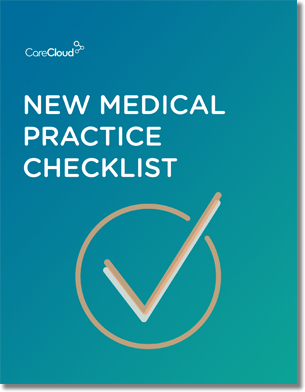The American Medical Association (AMA) concluded their most recent policy-making session with their delegates voting “to work vigorously to stop implementation of ICD-10.”
The AMA’s opposition of ICD-10 (The International Classification of Diseases and Related Health Problems, 10th Revision) is based on the potential disruption it will cause to healthcare providers.
In addition to implementing electronic health records (EHR) and adjusting to health reform law requirements, switching from the roughly 14,000 codes of ICD-9 to the 69,000 ICD-10 codes could affect physicians’ ability to provide care, according to a release by the AMA.
“The implementation of ICD-10 will create significant burdens on the practice of medicine with no direct benefit to individual patients’ care,” according to a statement from Peter W. Carmel, MD, AMA president.
With the nation’s largest physician organization providing heavy opposition to the ICD-10 implementation, the Centers for Medicare and Medicaid Services (CMS) may struggle with the October 1, 2013 compliance deadline, which it has “no plans to extend.”
The Cost of ICD-10
The AMA cited a 2008 Nachimson Advisors study that found a medical practice with three physicians would need to spend $83,290 to implement ICD-10, while a 10-physician group would spend $285,195 to make the switch.
Unlike the CMS incentive payments for switching to EHR systems, there are no benefits available for providers to offset the cost of converting to the ICD-10 code sets.
“At a time when we are working to get the best value possible for our health care dollar, this massive and expensive undertaking will add administrative expense and create unnecessary workflow disruptions,” Dr. Carmel said in a statement.
Benefits of ICD-10
According to the CMS, it’s pushing to implement ICD-10 codes to replace the 30-year-old ICD-9 version that features “outdated and obsolete terms” and limits the creation of new codes.
“A successful transition to ICD-10 will be vital to transforming our nation’s health care system and essential to maintaining business operations,” reports a CMS ICD-10 fact sheet.
However, the AMA believes the added burden of ICD-10 implementation will have an adverse affect on overstretched physicians and detract from patient care.
“The timing could not be worse as many physicians are working to implement electronic health records into their practices,” states Dr. Carmel. “We will continue working to help physicians keep their focus where it should be – on their patients.”
How is your practice preparing for ICD-10?

Do you know what you need when setting up a new medical practice?



